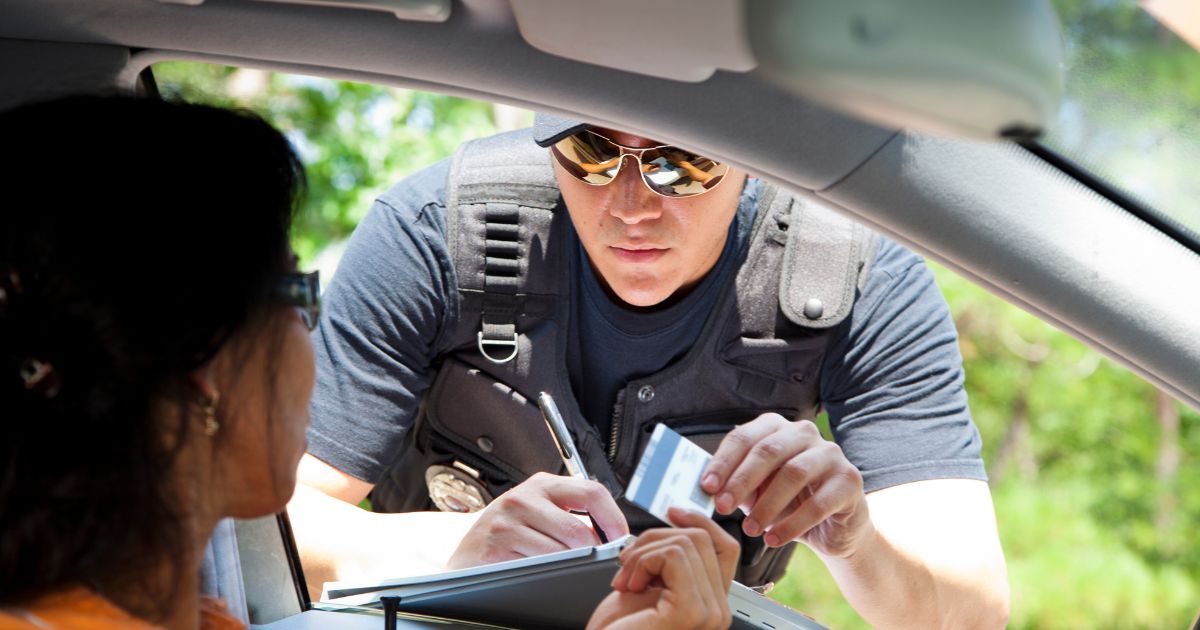Few experiences are as unwelcome as receiving a traffic ticket when driving. Whether you are cited for speeding, running a red light, or any other violation, encounters with law enforcement can be stressful and costly. No one enjoys seeing flashing lights in their rearview mirror, and dealing with the aftermath can be overwhelming. Understanding the types of traffic tickets and the laws surrounding them can ease some of the anxiety of receiving one.
Traffic tickets correspond to different violations of the law:
- Speeding tickets: One of the most common types of traffic tickets, speeding tickets are issued when a driver exceeds the posted speed limit. The severity of the offense depends on how much over the limit the driver was going.
- Red light violations: Running a red light is a serious offense that can result in a hefty fine and points on your driving record.
- Distracted driving tickets: With the ever-increasing popularity of smartphones and other electronic devices, distracted driving has become a significant concern. Texting, talking on the phone, or engaging in any other distracting activity while behind the wheel can lead to a citation.
How Do New Jersey Traffic Tickets and Laws Work?
Like many states, New Jersey uses a points system for traffic violations. Each citation carries certain points that are added to your driving record upon conviction. Accumulating too many points can result in license suspension or other penalties.
The penalties for traffic violations in New Jersey also vary depending on the offense. In addition to fines and points, you may face consequences like license suspension, community service, or even jail time.
You have several legal options if you receive a traffic ticket in New Jersey. You can pay the fine, accept the points on your record, or contest the ticket in court. A knowledgeable traffic ticket lawyer can explain your rights and determine the best action.
How Can a Traffic Ticket Lawyer Help?
Traffic ticket lawyers are familiar with New Jersey traffic laws and have handled cases similar to yours. They can evaluate the circumstances and determine the best defense strategy to minimize the consequences.
In some cases, a lawyer may be able to negotiate with the prosecutor to reduce the charges against you or negotiate a plea deal. That can result in lower fines, fewer points on your record, or even ticket dismissal.
If you decide to contest your ticket in court, a lawyer can represent you and advocate on your behalf. They can present evidence, cross-examine witnesses, and argue your case before the judge to increase your chances of a favorable outcome.
What Legal Strategies Can Get Me Out of a Traffic Ticket?
There are never guarantees, but certain legal strategies can be effective against traffic tickets:
- Challenge evidence: Request the officer’s notes, radar calibration records, or video footage to identify any discrepancies or inaccuracies in the case against you.
- Question jurisdiction: Contest the ticket if the officer lacked authority to issue it, such as being outside their jurisdiction.
- Plead not guilty and request a trial: Request a trial where you can challenge the ticket’s validity, presenting your arguments before a judge who may dismiss it based on insufficient evidence or procedural errors.
- Plead not guilty and request a trial: Request a trial where you can challenge the ticket’s validity, presenting your arguments before a judge who may dismiss it based on insufficient evidence or procedural errors.
It is essential to have a lawyer if you want to fight a traffic ticket.
Contact Our Experienced New Jersey Traffic Ticket Lawyers at Ellis Law
If you are facing a traffic violation, reach out to our New Jersey traffic ticket lawyers at Ellis Law for legal guidance and representation. We offer free consultations. Contact us online or call 732-702-6103 today. Located in Freehold, New Jersey, we serve clients in Asbury Park, East Brunswick, Toms River, Middletown, Jersey City, Long Branch, Neptune, Hudson County, Union County, Essex County, Monmouth County, Marlboro, and Ocean County, as well as Brooklyn and New York City.





